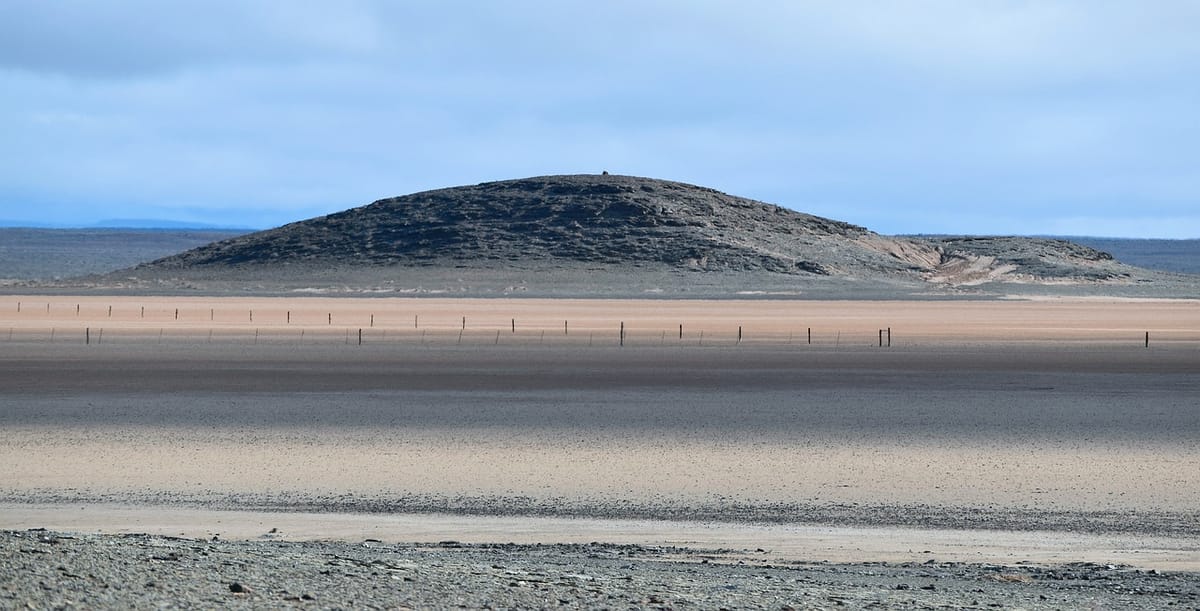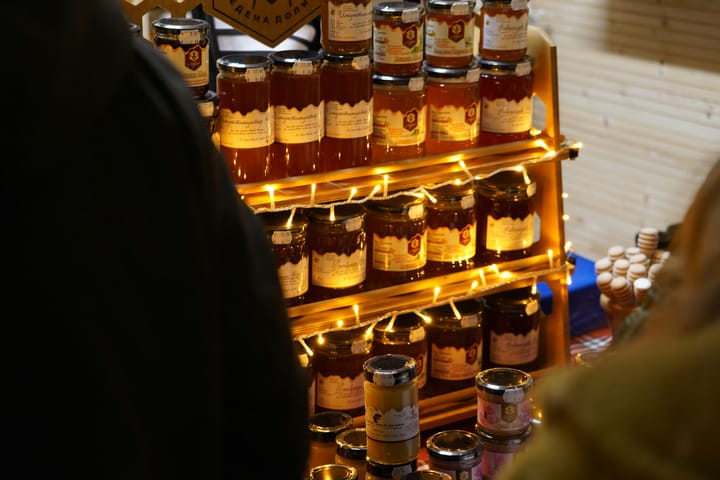Government pushes Karoo shale survey to phase 2
Minister Gwede Mantashe has stressed that the Karoo survey is part of a broader strategy to reduce South Africa’s reliance on imported fossil fuels.

The Department of Mineral Resources and Energy (DMRE) has announced that it's about 85% complete with Phase 1 of the Karoo Basin petroleum potential survey.
According to its budget address, the government has been gathering data on geological formations, hydrology, and environmental baselines, along with identifying early indications of petroleum presence, including micro-seepage of oil in parts of the basin.
What phase 2 brings
Phase 2 will see an escalation of the technical work. The project now includes the acquisition of high-resolution geophysical data through methods such as 2D seismic surveys, airborne magnetic and radiometric studies, and magneto-telluric measurements.
These tools are intended to provide more precise mapping of underground structures and to help identify areas of high environmental risk.
Area of coverage and land types affected
The survey spans at least six districts across the Northern, Eastern and Western Cape provinces. It involves a variety of land-types: state-owned land, private farmland, commonage, and community land under tribal authorities.
This diversity implicates both environmental and social dimensions of the project.
Mapping risk
One central aim of the project is to delineate areas that may be too environmentally risky for future development.
Wetlands, national or provincial parks, and other sensitive ecosystems are being specifically considered for exclusion. The baseline environmental studies will inform decisions about what should and shouldn’t be developed.
The energy independence imperative
Minister Gwede Mantashe has stressed that the Karoo survey is part of a broader strategy to reduce South Africa’s reliance on imported fossil fuels.
With global energy markets volatile, unlocking indigenous shale gas or petroleum resources is seen as one potential lever for greater energy security. The government has allocated R46.1 million to the Petroleum Agency of South Africa (PASA) to drive this project.
Outstanding hurdles and community concerns
Despite progress, there remain substantial challenges.
Environmental and regulatory frameworks are still being refined, especially around water use, potential contamination of aquifers, and the protection of biodiversity.
Local farmers, environmental advocacy groups, and communities have expressed concern about how exploration, and potentially extraction, might affect livelihoods.






Comments ()